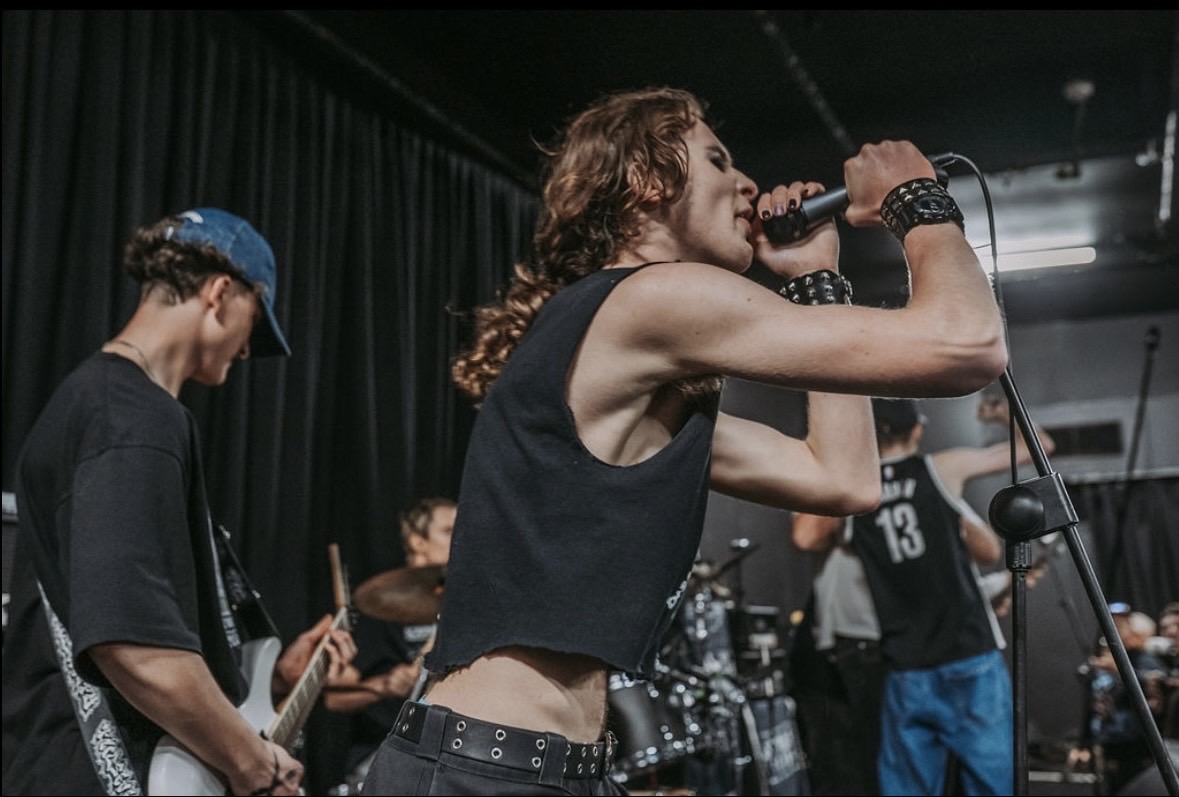Over the last decade, Kate Garrigan spent a lot of time with Steve Irwin, Bridget Bardot, Martin Sheen and Bob Barker. While she doesn’t know the legendary celebrities themselves, she is certainly well acquainted with the Sea Shepherd vessels that bear their names.
From treacherous arctic waters and head-to-head clashes with pirates illegally fishing in the South Pacific, Kate’s stories from her time with Sea Shepherd are nothing short of a real-life adventure tale.
Kate’s deep-seated need to protect the environment started when she was a child. Although she grew up far from the ocean in regional Victoria, this did not hinder her desire to protect sea life. Kate, now 32, says she was destined to be an eco-warrior from the first time she saw a whaling campaign at age 15.
“I remember turning to my dad and saying how awful it is they can do that to the whales. My dad actually said, ‘well if you want to do something about it, you’ve got to look into Sea Shepherd’. After that we stole Mum’s credit card and bought a Sea Shepherd shirt online. Actually, I still have that shirt – it’d be almost 20 years old!” Kate says.
Kate’s fascination with Sea Shepherd blossomed when, as a teen, she had a tour of one of the vessels and was awestruck.
At 19, Kate knew it was time to follow her dreams and she began volunteering at the Melbourne onshore branch. Kate stuck her hand up for any job big or small, which meant months of selling shirts and driving people to and from the airport. But her persistence paid off: the crew began teaching her the deck, then the galley, then she was spending months at sea with the iconic crew. She can even be spotted in the background of the Animal Planet series Whale Wars.
Life at sea wasn’t always smooth sailing. Kate is still tormented by some graphic experiences: walking around the markets in Nuku’alofa, Tonga and seeing hundreds of finless sharks strung out; watching the dolphins herded up in the annual hunt in Taiji, Japan; and chasing the Japanese harpoon ships through Antarctica as they gained on a pod of whales.
Something that disturbs Kate still was crossing the Pacific Ocean and seeing nothing for weeks except for random garbage.
“You’re in Antarctica and you see a Coke bottle floating in the middle of the ocean,” she says. “It’s heart breaking.”
Kate says the advancements of technology in fisheries and the sheer amount of money in the industries made for a formidable combination.
“I remember when we docked amongst a fleet of tuna fishing vessels in America Samoa, you should have seen the helipads and the technology,” she says. “It completely outpaces everything. I remember just thinking ‘no one stands a chance’.”
In the face of such daunting odds, it’s easy to feel like a fighter in an unwinnable battle, but Kate says having the support of her fellow eco-warriors helped her deal with the dark thoughts. Any small part is better than nothing, she reasons.
“I would go through phases of feeling that nothing is getting done, but the flipside of that is knowing that you are out there, and just by being there you are making a difference,” Kate says.
These days, Kate lives in Cairns and has a kitten at home, so she feels more connected to land, with her volunteering and conservation efforts taking a much more local focus.
“There is a quote by Jane Goodall that has always stuck with me: think globally but act locally,” she says. “The reality of being at sea for months, especially when volunteering, is not possible for everyone. But everyone can get involved in their community: picking up litter, planting trees or even selling t-shirts.”
Kate takes heart in having played an active part in the defence of the innocent and defenceless at sea, and that in being true to her core values, in some small way she might have helped turned the tide of public understanding.
https://www.seashepherd.org.au/















